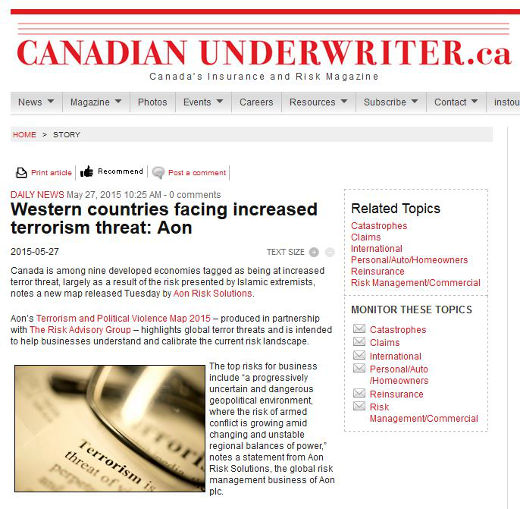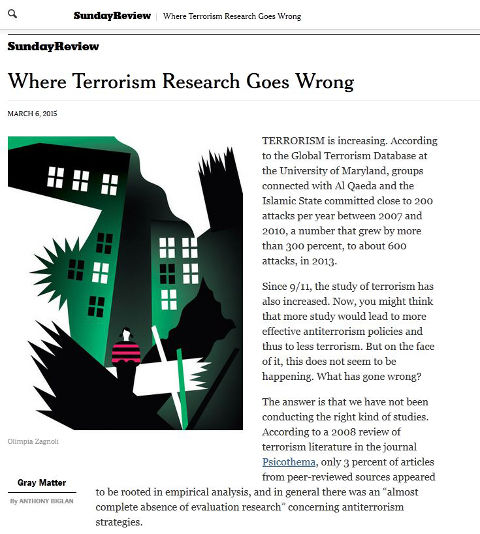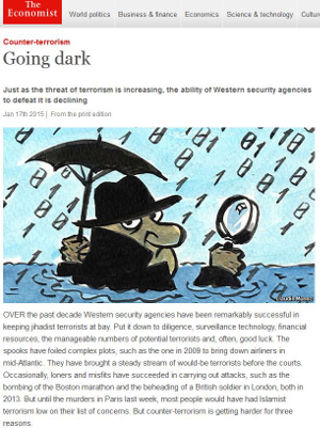We have presented analysis and studies in the past which showed that as long as you don’t live in a handful of countries, the true threat or risk of terrorism is not quite as high as it may be perceived by the average man or woman on the street. But it seems that the real world underwriters of risk in our society – insurance companies – are of a different opinion in that they see the risk of terrorism increasing in the West (one should probably expect higher rates in future insurance policies). AON does seem to combine terrorism with political violence which may be civil disobedience or domestic protests which could be significant if there are any overbearing economic or social factors.

Increased terrorism risk in Canada
“Although the map shows a net reduction on country risk ratings worldwide – the risk rating was reduced in 21 countries and increased in 13 – Aon reports that political violence and terrorism risks is concentrating and intensifying around a smaller number of countries.
-
the 13 countries at increased risk from terrorism and political violence are Australia, Belgium, Canada, Denmark, Estonia, France, Germany, Ireland, Lesotho, Norway, Saudi Arabia, Tanzania and Ukraine (Russia’s military manoeuvres and increase in military spending mean the potential for further armed conflict in the area – Ukraine and Estonia – is no longer unthinkable, yet the overall outlook in the rest of the region is moderately positive); and
-
the 21 countries at reduced risk are Albania, Bangladesh, Barbados, Bhutan, Brazil, Costa Rica, Croatia, Cuba, Czech Republic, Egypt, Fiji, Guyana, Honduras, Kyrgyzstan, Mauritania, Mongolia, Morocco, Mozambique, Panama, Tunisia and Uzbekistan (South America sees the most positive results, with the risk level falling in seven countries across the region, while no countries in Latin America are rated at increased risk in 2015, highlighting the potential for business investment across the continent).” (CanaianUnderwriter.ca)



